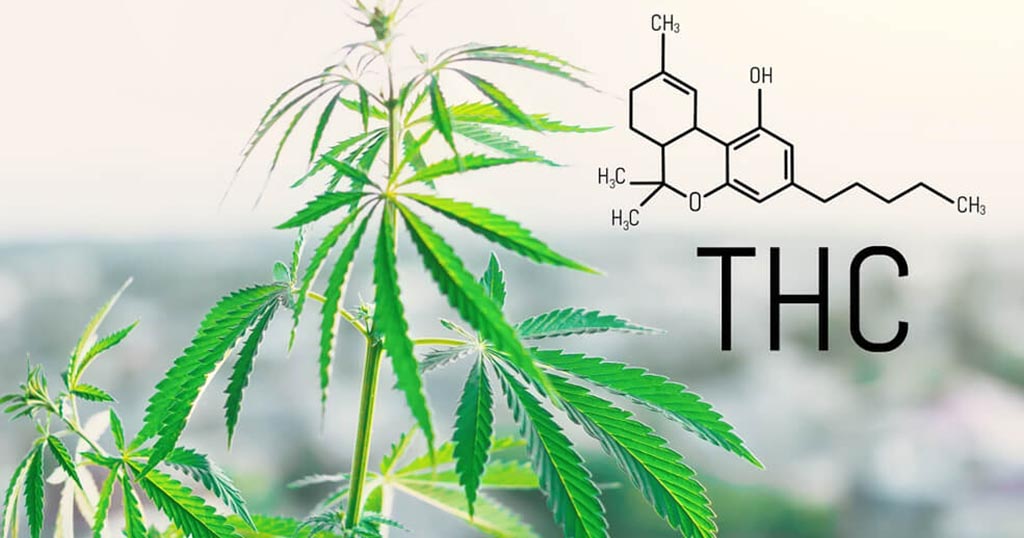
Psychoactive is any chemical substance that acts in the body, mainly in the central nervous system, which temporarily changes perception, behavior, mood and state of consciousness. These substances include narcotics, antipsychotics, anxiolytics, opioids, psychedelics, stimulants, among others. But what is psychoactivity in the case of Cannabis?
The best known psychoactive substance in Cannabis is THC (Tetrahydrocannabinol). There are many doubts about this cannabinoid and its psychoactivity x toxicity.
The consumption of high doses of THC can generate unwanted side effects due to intoxication, such as rapid heartbeat, drop in blood pressure, unrealistic distrust (paranoia), anxiety and anxiety.
But these consequences do not mean that the phytocannabinoid can be considered toxic, because the substance does not have lethality rates, since the human being does not have cannabinoid receptors in the brainstem. This means that Cannabis psychoactivity does not lead to death like other psychoactives in very common use, such as opioids and anxiolytics.
The psychoactivity of THC has the potential to treat diseases and disorders such as depression, fibromyalgia, Parkinson’s, Alzheimer’s, multiple sclerosis, among others.
Even though CBD does not produce the ‘high’, a well-known characteristic of THC, it is also possible to say that cannabidiol promotes an intense psychoactivity in the body.
This is because the phytocannabinoid acts directly in the regulation of mood, sleep, appetite, among other reported effects, treating diseases such as anxiety and refractory epilepsy. This regulatory characteristic could fit into the concept of psychoactive substances, although CBD is not considered as such.
There is also no evidence in the scientific literature that CBD is toxic in any dosage, in addition to not causing dependence, being considered well tolerated and safe even in high doses and chronic use.
There is another psychoactive substance, with slightly less potency than THC, but less well known, which also has therapeutic properties called Delta-8-THC.
In the 1990s, one of the greatest Cannabis researchers in the world, Professor Raphael Mechoulam, studied this cannabinoid, which he considers the fourth most abundant in the plant.
According to studies, Delta-8-THC has neuroprotective, analgesic, anti-emetic, anxiolytic and appetite-stimulating properties. All of this is possible due to its role in CB1, one of the receptors of the Endocannabinoid System.
Despite the similarity to THC, its therapeutic applications are different, as well as certain characteristics, such as chemical structure. Mechoulam considers Delta-8-THC to be more stable than THC, which is viewed positively when it comes to medicinal compounds.
Among its health benefits are treatment for pain, anti-inflammatory action, anxiety, anti-nausea and appetite stimulant.
As with all psychoactive substances, its use needs to be done in an attentive and cautious manner, mainly, in this case, due to the lack of studies that attest to its effects and safety.








